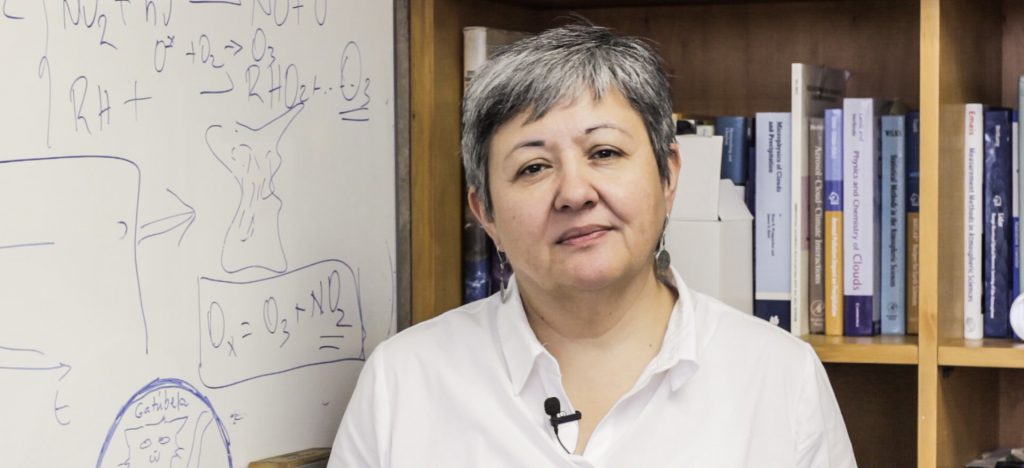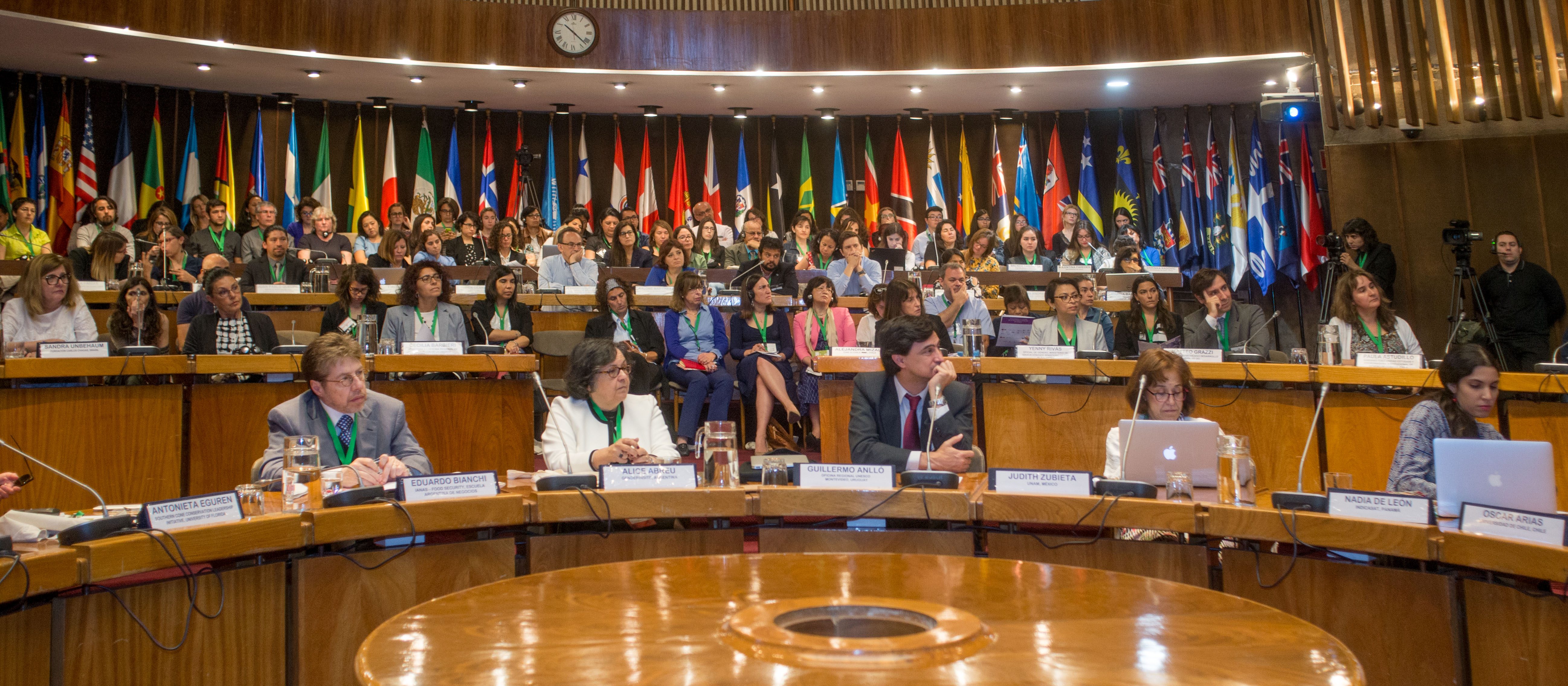- The director of the Center for Science of Climate and Resilience of the University of Chile recounts her experience working in a historically masculine area, but with the right policies, can increasingly diversify.
Laura Gallardo began her career as the only academic of the Department of Geophysics of the Faculty of Physical and Mathematical Sciences of the University of Chile. Her experiences, in a world with a majority of men, were not negative, but, looking at them from a distance, she assumes that certain conflicts did exist.
“It has been a fascinating period, but it has had its moments of difficulty. When I entered this faculty, we were 10% female students. Then, as an academic, I have seen obvious discriminations, such as being paid less for the same job in postdoctoral positions, or that many of us and I have even been told, ‘you do not need so much because you are married’“, she mentions.
For Gallardo, it is a statistical fact that women are a minority in science careers, but this is due to inequalities that go beyond these disciplines. “It is more than proven that this has nothing to do with the capacity of women, but with the conditions and gender roles that we have assumed, from the care of parents, children and the expectations that you have them”, she explains.
According to her, these elements have begun to change thanks to women’s empowerment and, for that, institutional policies are key. “In this faculty, about six years ago, an element of positive discrimination was implemented: the last 40 undergraduate places were for women, thus forcing their entry into the race. Naturally, we were going to reach 2040 with 25% of students, so one way to speed up the change was to implement that measure”, Laura Gallardo recalls.
For the researcher, the result of this policy meant a gradual increase in women who saw an opportunity in the Department of Geophysics of the University of Chile. “This type of action allows breaking down cultural barriers in a more accelerated way. If one were to think of a physical analogy, for there to be some momentum in an inertial system, you have to apply a force. Therefore, for there to be transformations in society, there must be incentives and forces that lead you to that change”, she says.
– Why are these changes necessary for greater gender equity, not only in science but also in society as a whole?
– I want to explain it through an example. If we think about the crisis that we live as humanity facing climate change in this blue and finite planet, this has to do with the way we have lived with it. Part of that coexistence, which led us to think that resources were infinite and we could exploit them forever, contains a dimension of multiple inequalities that require reverting very quickly. I think that is what makes the call for gender equity more urgent because we need to be smarter for the problems we face today. That intelligence is scientifically proven, is expanded when you have a diversity of views and perspectives.










